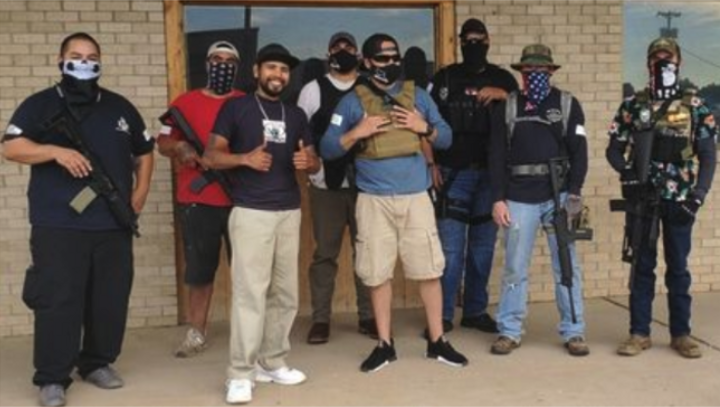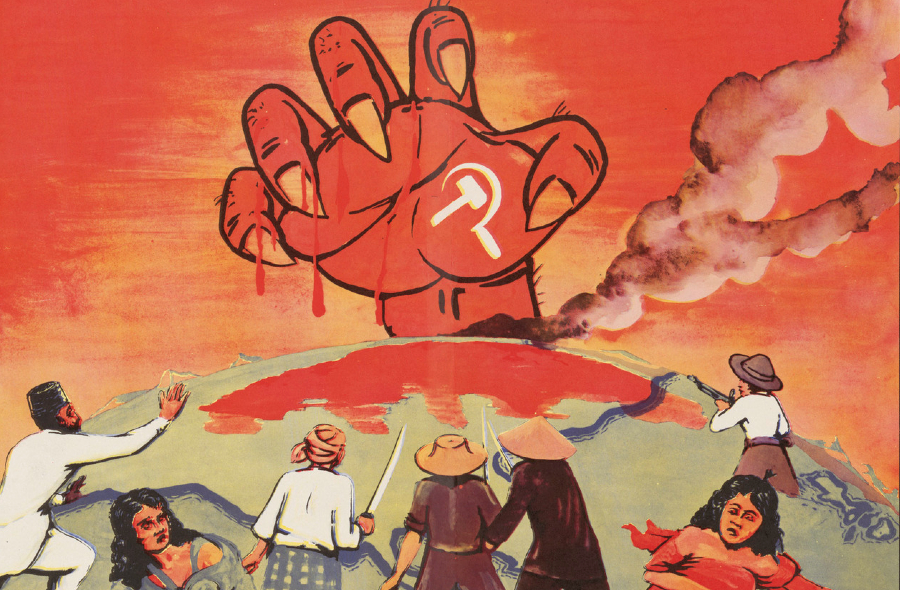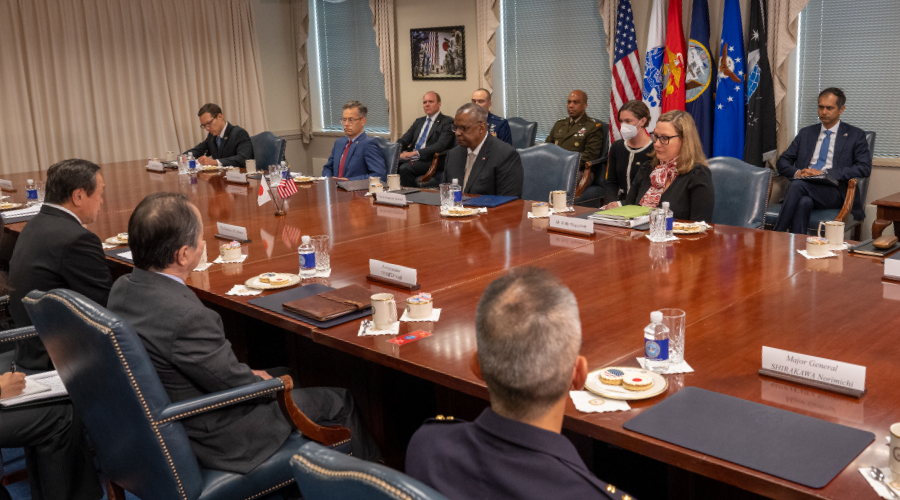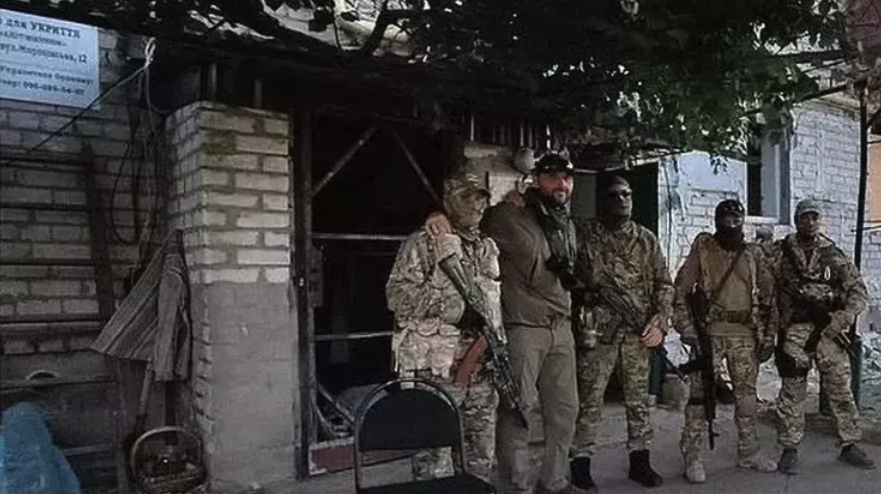-

How Ukraine Fought Against Russia’s Air War
The Russian Aerospace Forces' offensive has been more accurate than often appreciated, but its effectiveness has been limited by Ukraine's careful preparation and response. -

Who Are You Calling a Great Power?
Discourse about "great power competition" is everywhere, but policymakers are often inconsistent or unclear about who fits the bill. -

Who Really Benefits From Banning White Supremacist Groups?
Bans targeting white supremacist organizations are increasing around the world. Germany's experience demonstrates how these bans can backfire. -

The FBI’s 2021 Hate Crime Data Is Worse Than Meaningless
The deeply flawed data underpinning the FBI's new report produces an extremely flawed understanding of hate crime trends across the country. -

Oath Keepers Leaders Were Found Guilty, but the Threat of Antigovernment Extremism Remains
Stewart Rhodes' conviction will further undermine the organization he led, but sympathizers have other options. -

Did al-Qaeda Die With Ayman al-Zawahiri?
Four months after Zawahiri was reportedly killed in a drone strike in Kabul, the terrorist organization still has not announced a successor. -

Democracies Must Empower a Biotech Future for All
New innovations in biotechnology are driving rapid changes that will have far-reaching consequences. The United States and its partners need to be at the forefront of these advances. -

Disrupting Violent Extremists’ ‘Free Spaces,’ Online and Off
Extremist groups like the New Mexico Civil Guard are benefitting from iterative recruitment in online and offline spaces that bridge ideologies. -

Great Power Competition and Internal Politics in Asia, Then and Now
International rivalries can draw powerful states into local political disputes—sometimes with disastrous consequences—but the United States and China can avoid the mistakes of the Cold War. -

How Should the U.S. Military Share Secrets?
The new National Defense Strategy calls for working closely with partners and allies, but the convoluted and slow disclosure process makes cooperation difficult. -

Win, Lose, or Draw, the Wagner Group Benefits From the War in Ukraine
Despite setbacks on the battlefield, Russia's mercenaries will remain an important instrument of the Kremlin's foreign policy. -

What Is a Terrorist Movement?
The growing prevalence of terrorist ideologies that organize and encourage attacks without formal organizational structures will require analysts and policymakers to rethink their definitions.
The upcoming main navigation can be gotten through utilizing the tab key. Any buttons that open a sub navigation can be triggered by the space or enter key.
















